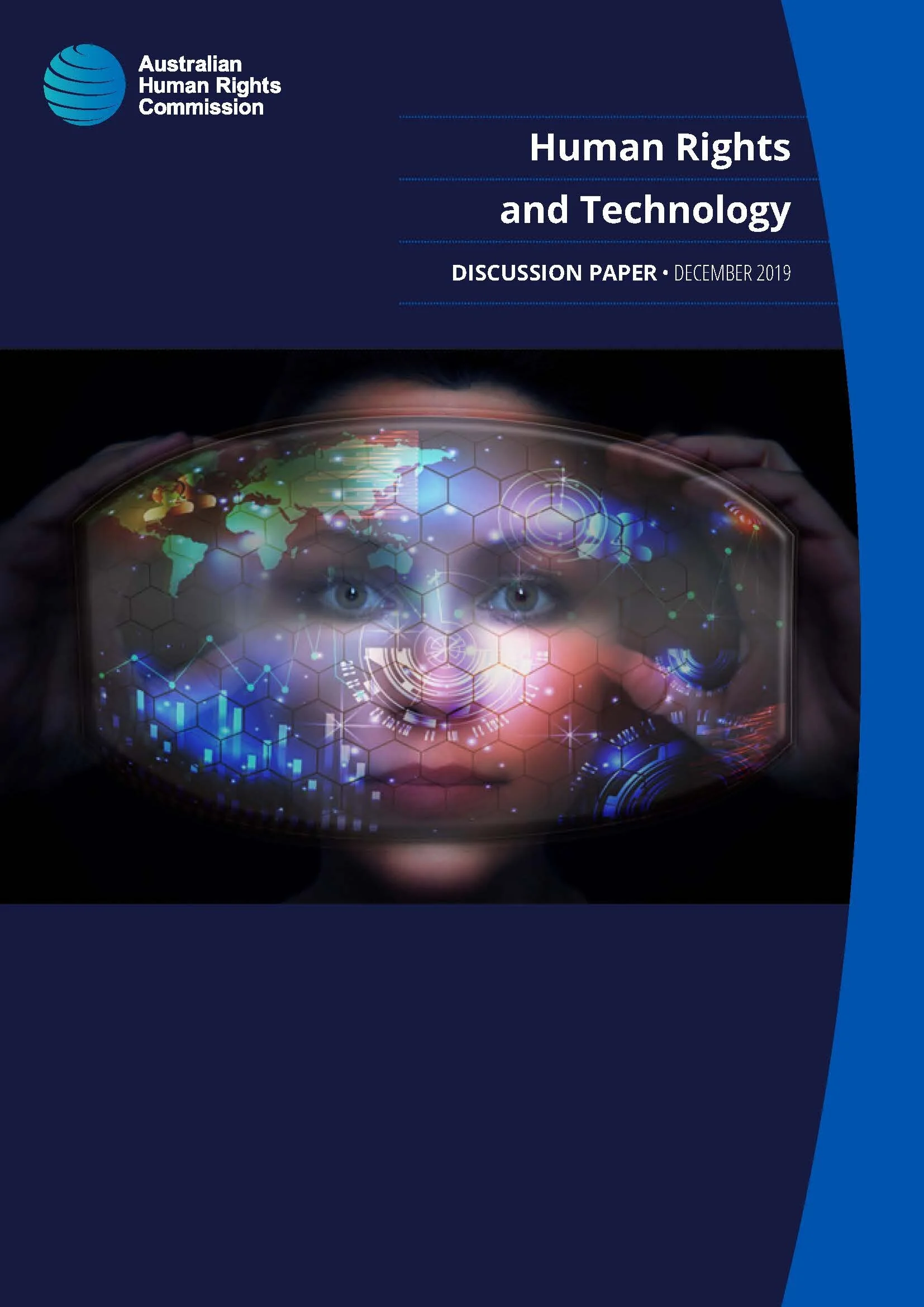Should we use large-scale facial recognition systems? This article in The Conversation distinguishes between facial recognition and face surveillance and argues that we should demand a moratorium on face surveillance.
Read MoreHumanising Machine Intelligence convened a virtual roundtable consultation with Human Rights Commissioner Edward Santow to discuss the Human Rights and Technology Project on 28 May 2020. HMI brought a group of senior experts and decision makers together across academia, industry and government to support the important work of the Commission.
Read MoreThe Rapid Research Information Forum, chaired by the Chief Scientist and organised by the Australian Academy of Science, submitted a background research document to the Minister for Health. The Lead Author was Professor Genevieve Bell, AO. Seth Lazar was one of seven other contributing authors.
Read MoreEdTech, data privacy, children, and children's rights.
Read MoreIn this talk, I argue for the practical problems of a counterfactual theory of mathematical explanations in sciences.
Read MoreIn this talk, I discuss for the bridging role of mathematics in empirical sciences as a reliable connecting scheme in our explanatory reasoning from lower-level to higher-level phenomena. I support this discussion by analyzing two explanations in biology and physics.
Read MoreI discussed ways in which seemingly value neutral decisions that technology workers make can have major moral implications, and how to think critically and proactively about them.
Read MoreVideo conferences are now king. But a popular technology could be putting corporate privacy at risk with little power to prevent it.
Read MoreThe talk explored the data privacy issues stemming for the use of smart contracts and considered the effects of the General Data Protection Regulation and the Australian Privacy Act comparatively. In particular, by focusing on smart contracts the presentation explored how distributed ledger tech causes serious privacy headaches through its prioritization of the elimination of trust issues.
Read MoreProposed legislation will open the way to sharing the vast quantities of data held by the Australian government, without needing our consent. While it promises to enable the smooth service delivery citizen-consumers have come to expect, it also challenges traditional roles of privacy, consent and trust in the public sphere.
Read MoreIn this conference paper, Dr Will Bateman presented a technically-embedded analysis of doctrinal legal issue which arise in the use of artificial intelligence (AI) by regulators, government administrators and other legal actors. The paper was delivered to the collected Justices of the Supreme Court of New South Wales, with special guest Justices from the High Court of Australia and the Supreme Court of the United Kingdom.
Read MoreIn this submission, Dr Will Bateman (with Dr Julia Powles) responded to the Australian Human Rights Commission’s Technology and Human Rights Discussion Paper. The submission focused on three areas of reform: the use of self-regulation and cost-benefit analyses in the regulation of human rights; the remedial force of human rights law; and the powers given to any ‘AI Safety Commissioner’.
Read More











